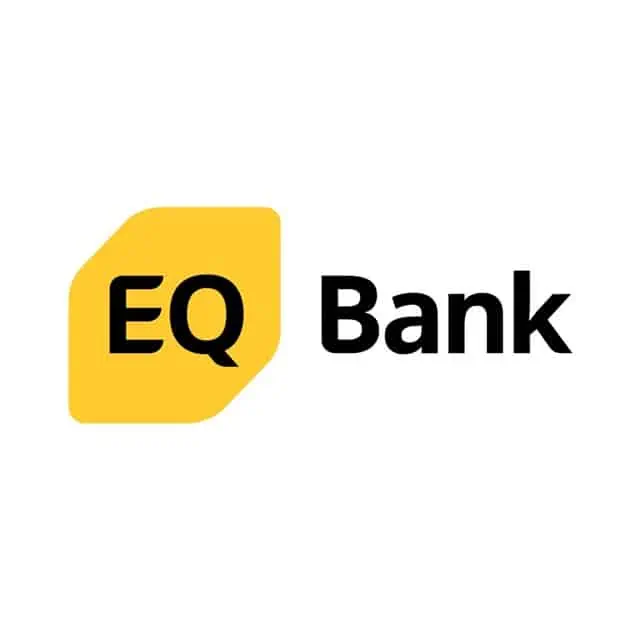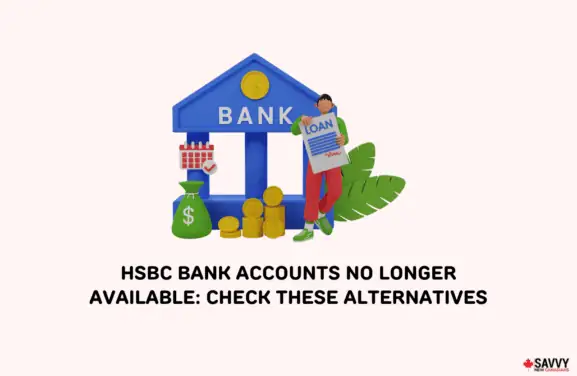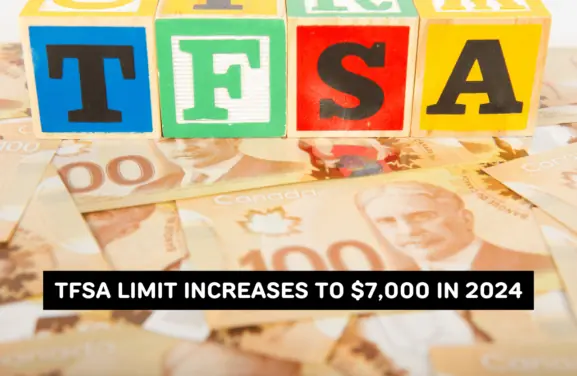The beginning of a new year often brings updates to financial programs, and for those saving for a first home in Canada, understanding the First Home Savings Account (FHSA) contribution limits is crucial.
The FHSA is a new saving vehicle introduced to help individuals plan for their first home purchase by offering tax advantages. You can contribute up to a maximum of $8,000 annually through the program and up to $40,000 in your lifetime.
Key Takeaways
- The Tax-Free First Home Savings Account (FHSA) allows annual contributions of up to $8,000.
- The lifetime contribution limit for the FHSA is $40,000.
- Unused annual contribution room carries over to the next year, with a maximum carryforward of $8,000.
Understanding FHSA Contribution Limits for 2024
This section breaks down the eligibility requirements, the contribution limits and their tax implications, as well as the rules governing transfers and withdrawals pertinent to your First Home Savings Account (FHSA).
Eligibility and Participation Criteria
To participate in the FHSA program, you must be a resident of Canada with a valid Social Insurance Number.
Eligibility is only open to first-time homeowners, with some flexibility so that those who have not owned a home in the year of the account opening or in the preceding four calendar years can take advantage of this opportunity.
Contribution Limits and Tax Implications
The annual contribution limit for an FHSA is $8,000. Unused contribution room from a previous year can be carried forward, allowing you to add it to your annual limit in future tax years, up to an extra $8,000 yearly.
This makes it easier to boost your savings in years when you have higher disposable income. For example, let’s assume in the first year of opening your FHSA, you manage to contribute $5,000. The following year, you can contribute up to $11,000. This amount includes the standard $8,000 annual limit plus an additional $3,000 carried forward from the previous year, all without incurring any penalties or forfeiting tax advantages.
Your FHSA contributions can continue for a maximum of 15 years or until you reach the lifetime limit of $40,000.
Contributions made to the FHSA are tax-deductible, reducing your taxable income for the year. Moreover, FHSA bears tax-free investment income, increasing your ability to save effectively for your first home.
- Annual Contribution Limit: Dollar limit of $8,000 (may be higher if you carry forward unused room from previous years).
- Lifetime Contribution Limit: Capped at $40,000.
Maximizing FHSA Benefits for First-Time Homebuyers
When considering the First Home Savings Account, the strategy is to optimize your contributions and understand how the account can be leveraged for a first home purchase.
Investments
FHSAs can hold various investments, including stocks, bonds, mutual funds, ETFs, savings, GICs, and many other popular investment products.
EQ Bank FHSA Savings Account

Top FHSA savings account
Earn 3% tax-free high interest on savings for your home
Contribute up to $8,000 annually and $40,000 lifetime
No monthly account fees
Also offers FHSA GICs (up to 5.35%)
Tax deductible and tax-free withdrawals
You can deduct FHSA contributions from your taxable income for the year and pay lower taxes. This is one advantage it has over the TFSA.
Eligible withdrawals are also tax-free, making the FHSA a tax-advantaged account like the TFSA and unlike the RRSP in this regard.
Combine with Home Buyers’ Plan
You can combine FHSA savings with withdrawals from your RRSP under the Home Buyers’ Plan and put both towards your home purchase. The HBP program allows you to withdraw up to $35,000 from your RRSP for a first-time home purchase. The withdrawn amount must be re-contributed over several years to avoid penalties.
Avoiding Penalties and Maximizing Advantages
To avoid penalties and maximize advantages, adhere to the contribution limit and eligibility criteria. Over-contributions will result in a 1% monthly tax on the excess amounts until they are withdrawn.
FHSA vs RRSP
Here’s how the First Home Savings Account compares with the Registered Retirement Savings Plan:
| Feature | FHSA | RRSP |
| Primary Purpose | Saving for a first home purchase. | Retirement savings, with an option for first home purchase through the HBP. |
| Contribution Limits | Annual limit ($8,000); lifetime limit ($40,000). | 18% of the previous year’s earned income, up to a maximum limit ($31,560 in 2024). |
| Tax Implications | Contributions are tax-deductible; withdrawals for first home are tax-free. | Contributions reduce taxable income; withdrawals typically taxed as income, except under HBP and LLP. |
| Withdrawal Conditions | Funds can be withdrawn tax-free for first home; no repayment required. | Up to $35,000 can be withdrawn under HBP; must be repaid within 15 years. |
| Eligibility | Targeted at first-time homebuyers with specific age and residency requirements. | Open to any Canadian with earned income and a SIN, up to age 71. |
| Investment Growth | Tax-free growth; withdrawals for home purchase are tax-free. | Tax-deferred growth; withdrawals taxed as income, except under HBP and LLP. |
| Suitability | Ideal for individuals focused on saving for their first home. | Suitable for long-term retirement savings and temporary first home purchase solution via HBP. |



